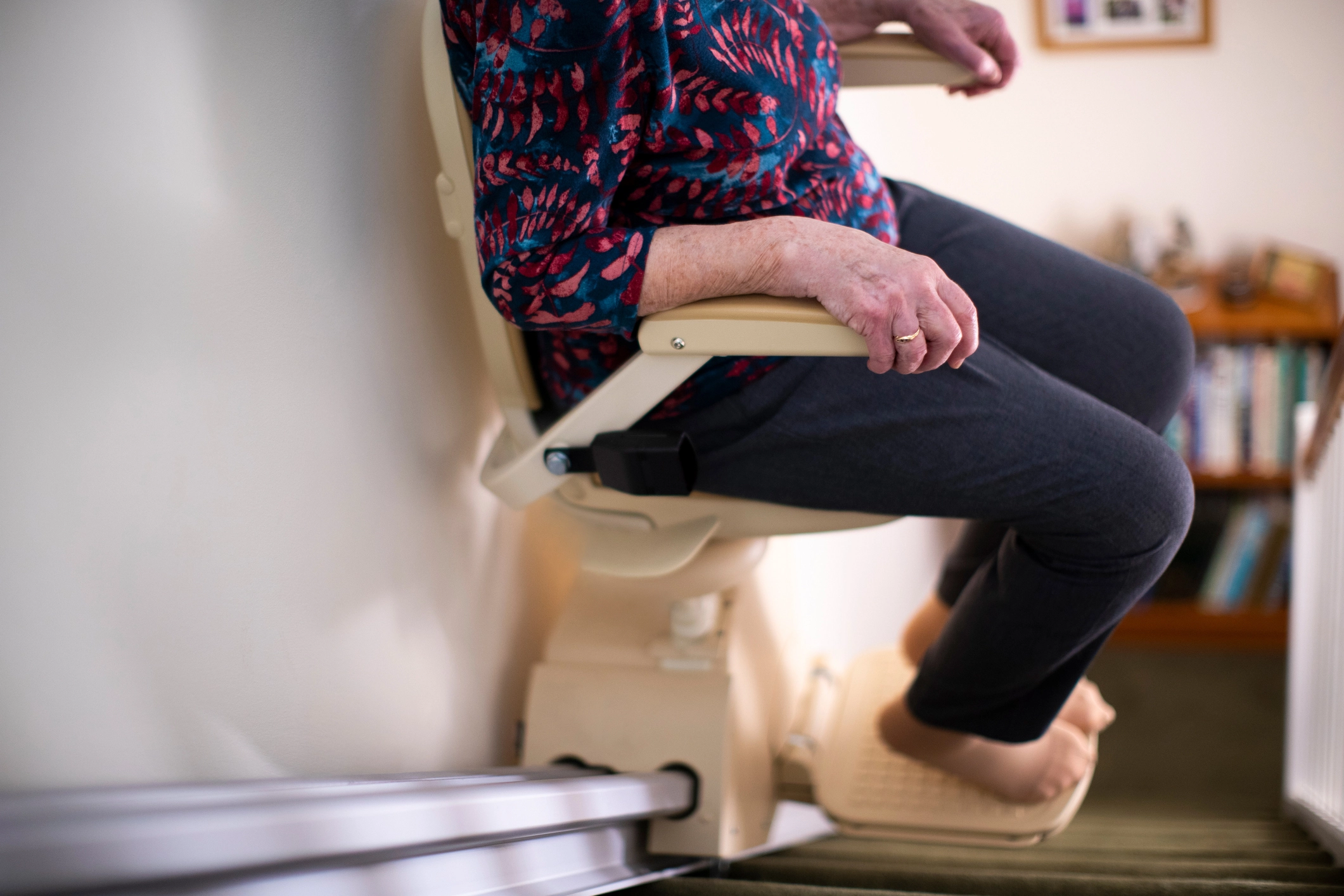Aids and adaptations process
Live independently and comfortably

Adapting your home to meet your needs
We’re committed to supporting tenants with disabilities to live more independently
and comfortably.
Through our aids and adaptations service, we offer a range of home modifications recommended by an Occupational Therapist and funded through the
Disabled Facilities Grant.
More information
Aids and adaptations explained
Aids and adaptations are changes made to your home to improve accessibility and make daily tasks easier and safer. These can include:
- stairlifts and handrails
- bath lifts, walk-in showers, and grab rails
- wider doorways and lower kitchen worktops
- outdoor ramps and step rails
- security features, such as outside lights and intercom systems
These changes are tailored to meet your needs, making it easier for you to move around and complete everyday activities with more independence.
How to request aids and adaptations
To request aids or adaptations, you’ll need to contact your local council for a free home assessment. An Occupational Therapist will visit you at home to discuss your needs and recommend the necessary changes. It will take around an hour.
Apply for equipment for your home if you're disabled
Next steps after your assessment
Once your assessment is complete, the Occupational Therapist will send a Disabled Facilities Grant Justification to the Home Improvement Agency. This document explains the adaptations needed.
The Home Improvement Agency will let us know about the application. We’ll review it to check for tenancy issues, rent arrears, or anything else that may delay the work.
We’ll respond to the Home Improvement Agency within five working days. If we don’t raise any concerns within that time, the Disabled Facilities Grant will be given.
Adaptations that don’t require approval
Certain home modifications don’t require our approval, including:
- External ramps, grab rails, and level thresholds
- Scooter storage (for houses with space, not flats)
- Vehicle crossovers
- Like-for-like replacements (e.g. stairlifts, hoists)
- Over-bath showers
- Kitchen adaptations in one-bedroom homes (unless already included in our programme)
Move or adapt?
If significant adaptations are recommended, the Occupational Therapist may discuss the possibility of moving to more suitable accommodation. If this isn't an option, they'll work with us to secure the required adaptations.
For advise and assistance with aids and adaptations
Contact us